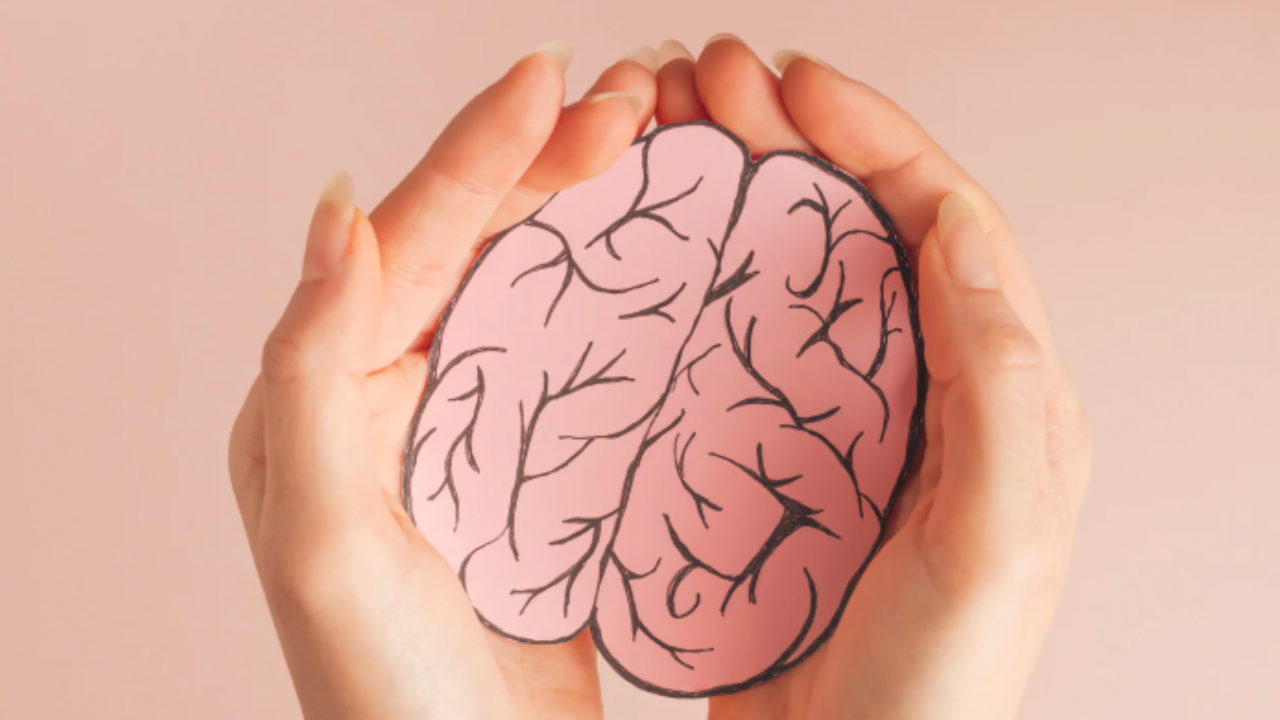Nutrition Tips for a Sharp Mind in Perimenopause

Perimenopause brings many changes: not just in hormones, but also in memory, focus, and overall brain function. Some women notice “brain fog,” forgetfulness, or slower recall. While these changes are normal, research suggests that certain nutrients and lifestyle habits may help support your brain during this transition.
Here’s what the evidence says and how you can use it in everyday life.
Key Nutrients for Brain Health
- Choline & Betaine
- These nutrients are found in eggs, chickpeas, quinoa, and spinach.
- Research shows that women with higher intakes of choline and betaine may experience a slower decline in verbal memory, especially in early perimenopause [1].
- Tip: Add a boiled egg to breakfast, or toss chickpeas into salads or soups.
- Phytoestrogens & Antioxidants
- Plant-based compounds, such as those in mung beans, berries, and colourful vegetables, may help reduce cognitive decline.
- Much of this evidence comes from traditional medicine or early studies: so while promising, we need more research in humans [2].
- Tip: Include a variety of colourful vegetables and legumes in your meals to support both your gut and brain.
- B Vitamins & Vitamin D
- Vitamins B6, B12, and D play important roles in brain function.
- Adequate levels are linked with better memory, focus, and overall quality of life, yet deficiencies are common in midlife women [4]
- Tip: Include leafy greens, legumes, eggs, fortified foods, and safe sunlight exposure in your routine. Discuss supplements with your GP if needed.
Lifestyle Matters
Nutrition is just part of the picture. Lifestyle habits can also make a big difference:
- Sleep: Aim for 7-9 hours of quality sleep to help consolidate memory.
- Exercise: Movement increases blood flow to the brain and supports cognition. Resistance training is especially beneficial for muscles and bones.
- Stress management: Chronic stress can affect memory. Mindfulness, yoga, or even short walks help calm the mind.
- Mental stimulation: Reading, puzzles, or learning a new skill keeps your brain active.
What About HRT?
Some studies suggest that estradiol-based hormone replacement therapy (HRT) may improve certain types of memory, but benefits appear to be influenced by factors like age at menopause, how HRT is taken, and genetics. For example, women carrying a certain gene may see improved delayed memory if HRT is started earlier in menopause [5]. However, the bigger picture is more mixed. Systematic reviews show that HRT does not consistently improve memory in postmenopausal women and may even affect some areas of short-term memory [6]. Because of this, clinical guidelines do not recommend HRT solely for cognitive support and for most women, nutrition, lifestyle, and gut-friendly habits remain the safest and most effective ways to support brain function [7].
Quick Tips for Everyday Life
- Include at least one B-vitamin rich food per day. B play important roles in brain function, mood, and energy metabolism. Good sources include eggs, leafy greens, legumes, fortified cereals, poultry, and fish.
- Add colourful fruits and vegetables to every meal. These provide antioxidants, which help protect your brain and body from oxidative stress, and fibre, which supports a healthy gut.
- Include sources of choline and betaine regularly, such as eggs, legumes, quinoa, and spinach. These nutrients are important for memory, cognitive function, and overall brain health.
- Support your gut health: Your gut is home to trillions of bacteria, which collectively form your estrobolome, the group of microbes that help metabolise and recycle oestrogens in your body. A healthy gut supports proper hormone balance and helps your body absorb and use nutrients more efficiently.
A Final Word
Perimenopause brings natural changes to memory and cognition, but small, consistent habits can make a difference. Focus on a balanced diet rich in choline, B vitamins, antioxidants, and vitamin D, alongside sleep, movement, stress management, and mental stimulation. Your brain (and gut) will thank you.
And one last thing to keep an eye on … beetroot. Early research suggests its natural nitrates may help improve blood flow and support brain health as we age, but the evidence in postmenopausal women is still emerging. Promising, but not proven yet, so consider this one to watch in the future.
References
1) Cowan-Pyle AE, et al. "Dietary choline and betaine intake minimally impacts rate of annualized cognitive performance throughout the menopause transition: data from the Study of Women’s Health Across the Nation." Menopause (New York, N.Y.), 2024.
2) Ramanan AS, et al. "Cognitive decline during Rajonivrutti (Menopause) and the role of Mudga (Vigna radiata L.) in neuroprotection." Kerala Journal of Ayurveda, 2024.
3) Bhandari A, et al. "Dietary Supplementation With Tinospora cordifolia Improves Anxiety-Type Behavior and Cognitive Impairments in Middle-Aged Acyclic Female Rats." Frontiers in Aging Neuroscience, 2022.
4) Raczkiewicz D, et al. "Impact of Serum Vitamin D, B6, and B12 and Cognitive Functions on Quality of Life in Peri- and Postmenopausal Polish Women." Medical Science Monitor, 2024.
5) Saleh RM, et al. "Hormone replacement therapy is associated with improved cognition and larger brain volumes in at-risk APOE4 women: results from the European Prevention of Alzheimer’s Disease (EPAD) cohort," 2023.
6) Chen L, et al. "Menopausal hormone therapy does not improve some domains of memory: A systematic review and meta-analysis," 2022.
7) Koire A, Joffe H, Buckley R. "Menopausal Hormone Therapy and the Mind: The Role of Hormone Replacement in the Prevention and Treatment of Cognitive Decline, Dementia, and Cognitive Dysfunction of Depression," 2022.
Stay connected with gut health news and updates!
Join our Free Weekly Newsletter to receive the latest gut health news, recipes and updates from our team.

